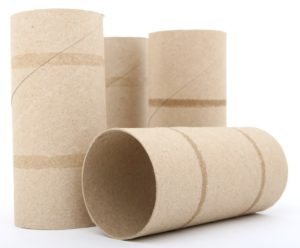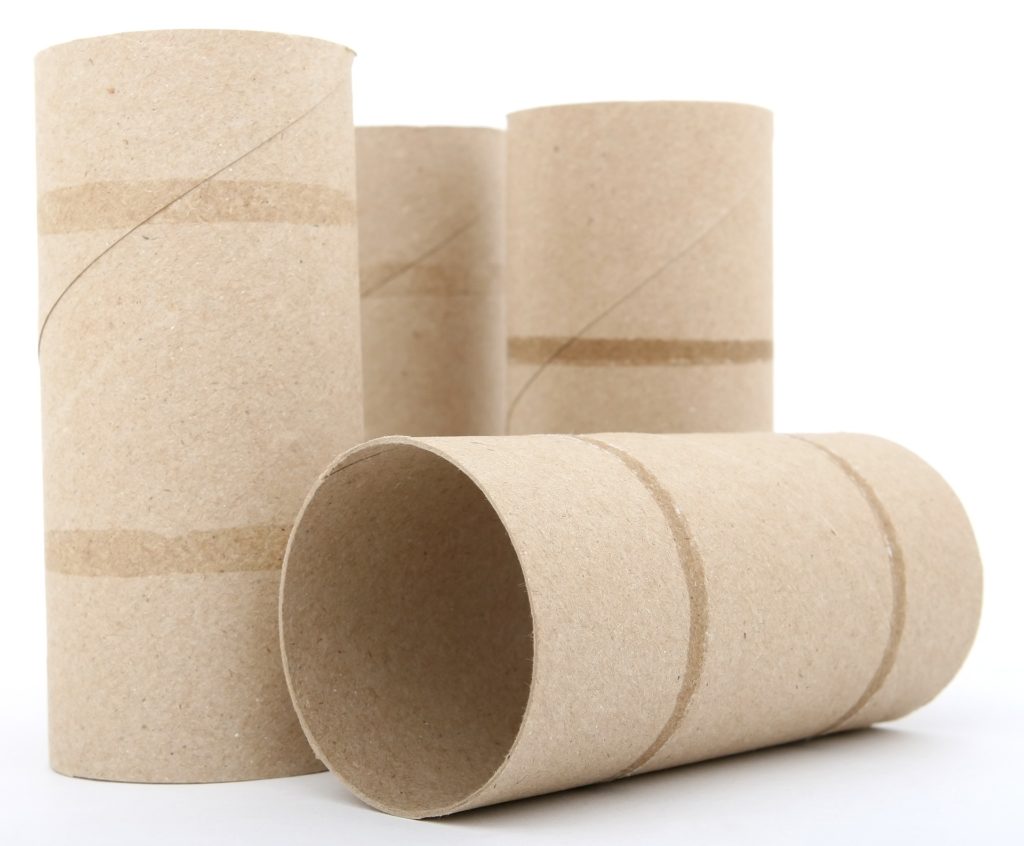Will Toilet Paper Become Obsolete?
 If you’re an executive and aren’t a bit anxious (or excited, if you’re an optimist!) about the rate of change in the business world, my guess is you’re just not paying attention. Either that or you sell toilet paper and aren’t worried about a new disruptive technology. Even a toilet paper company, however, could find its business model disrupted by a hungry startup — perhaps a tiny, self-contained manufacturing unit that recycles your lawn clippings and turns them into toilet paper. No more trips to Costco.
If you’re an executive and aren’t a bit anxious (or excited, if you’re an optimist!) about the rate of change in the business world, my guess is you’re just not paying attention. Either that or you sell toilet paper and aren’t worried about a new disruptive technology. Even a toilet paper company, however, could find its business model disrupted by a hungry startup — perhaps a tiny, self-contained manufacturing unit that recycles your lawn clippings and turns them into toilet paper. No more trips to Costco.
I’ve written extensively about business strategy, but before you identify why customers will buy from you versus your competition, you need to have a business model, i.e., identification of a need and an operating model to profitably satisfy that need.
Business model disruption is different from changing strategy (e.g., how can we make our toilet paper softer?). For instance, Amazon and Harry’s shave club have business models that are disruptive to brick-and-mortar retail. Southwest Airlines disrupted the airline industry with a new business model. Dell was disruptive to personal computers. Netflix has a business model that’s disruptive to movie theaters and other entertainment. Blue Apron and its peers are potentially disruptive to traditional grocery stores and dining establishments.
The language of strategy is inconsistent, and the line between business model and strategy is blurry. Don’t get your undies in a bundle. Deal with the ambiguity. What’s important is that you consider both concepts.
Some startups, both current and past, are capitalized and operated without a business model. A few will figure it out and make gazillions of dollars. Most will go down in flames. I’m not a fan of investing in a business that doesn’t address an identified need or has no identified profit model. Or neither!
This is what most interests me and the currently healthy, but somewhat paranoid, leaders of successful businesses: What alternative business model might be disruptive? Who’ll come at this need from an entirely different viewpoint and eat our lunch? A current strategy that identifies how you’ll compete in the present environment isn’t worth spit when someone changes the rules! You don’t bring a knife to a gunfight.
Much business model innovation comes from startups, but it doesn’t have to be that way. Folgers could’ve developed Starbucks, and Wal-Mart could’ve established Amazon. I bet they wish they did!
If you’re in the medical, education or transportation world, you could think about how to put patients through your clinics faster, provide more interesting classes, and offer best practices for hiring truck drivers — and you should do that! However, it’d also be beneficial to think about patient care without clinics, education without professors and transportation without drivers.
By the way… according to Wikipedia, there are bidet toilets in 81% of Japanese households (which don’t require TP). A pretty effective business model!

coaches CEOs to higher levels of success. He is a former CEO and has led teams as large as 7,000 people. Todd is the author of, Never Kick a Cow Chip On A Hot Day: Real Lessons for Real CEOs and Those Who Want To Be (Morgan James Publishing).
Connect with Todd on LinkedIn, Twitter, call 303-527-0417 or email [email protected].
